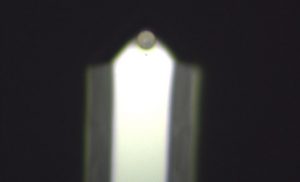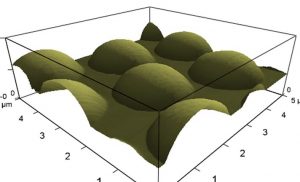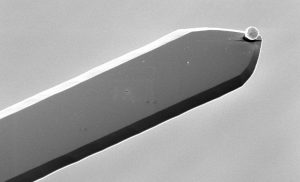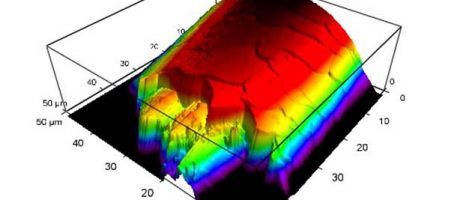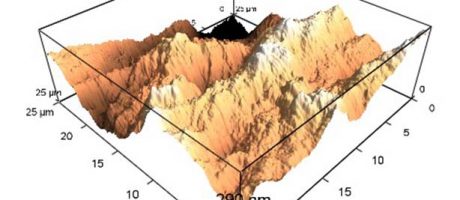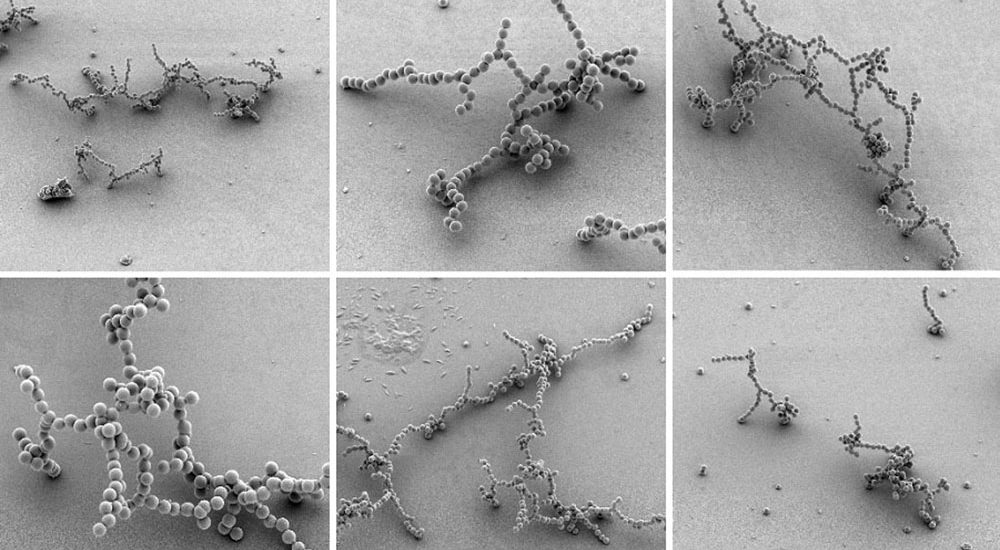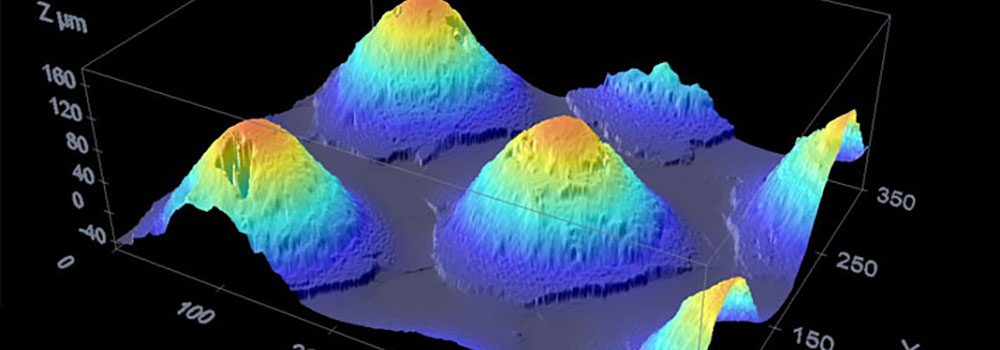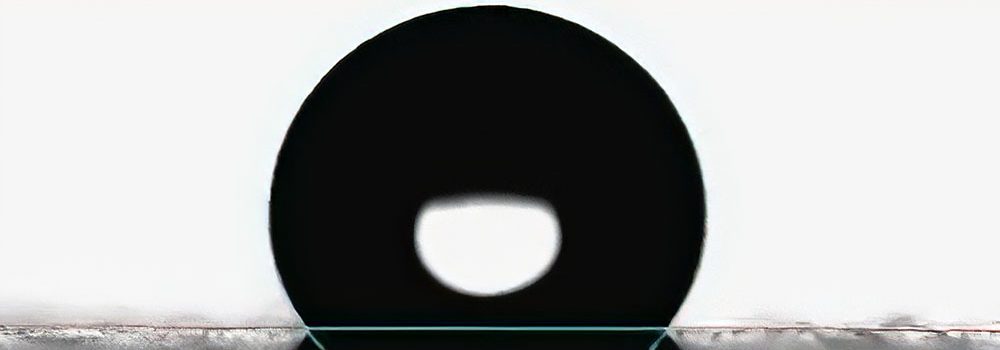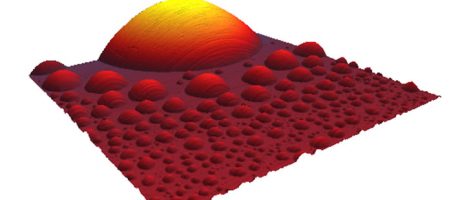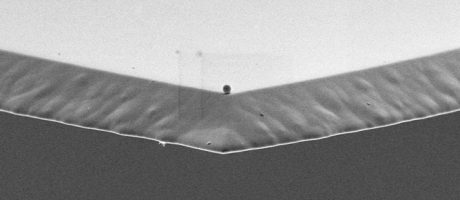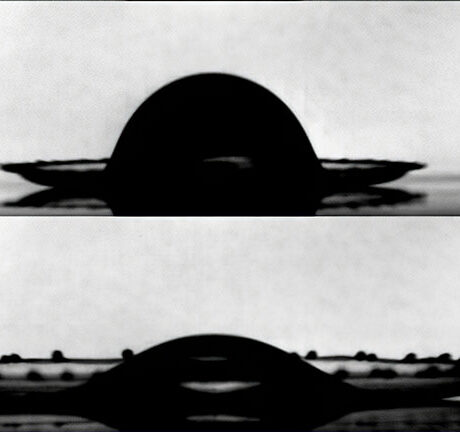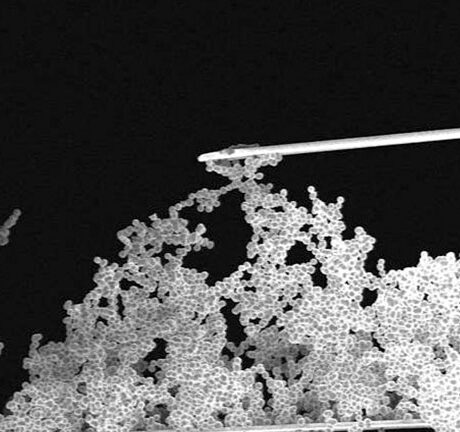SurfaceScienceSupport
About Us
sQUBE was founded by a team of physicists and engineers, who all have several years of working experience in different scientific fields and institutions, where they have acquired a high specific expertise in surface science technology and metrology.
Embedded in a wide scientific network and with hands on the most recent developments in science and technology, we are extremely motivated by new challenges – just contact us.

Products
Collodial Probes
In order to measure adhesion forces between particles and surfaces we attach particles of customers’ choice to cantilevers. For the probing particles you can choose between different materials (SiO2, borosilicate glas, gold, polysterene, polymethylmetacrylate) or provide us with your own material. Particle sizes can range from sub- to micrometers.
For non-conventional spring constants, other materials, different particle sizes, special positioning, special coatings or other requests please contact us – we strive for the best support of your market-driven research.
To determine the geometrical parameters of the attached particle, different methods are available:
- Optical Microscopy
- Atomic Force Microscopy (AFM)
- Scanning Electron Microscopy (SEM)
Calibrated Cantilever
To quantify the surface forces, Young’s modulus or adhesion forces the knowledge of each individual spring constant is essential. If required each cantilever can be calibrated individually by our highly trained and specialized staff.
Services
In the field of surface analyses, different approaches are available.
Scanning probe microscopy
This technique combines the use of a highly sensitive and sharp tips exhibiting radii in the nanometer scale with the capability to position precisely using piezoelectric devices.
High resolution imaging:
Imaging of surfaces and their 3D representation is possible down to the sub-nanometer scale. By our imaging techniques diverse data types can be visualized.
Force measurements:
Surface characteristics like adhesion or mechanical properties can be determined by so-called force-distance measurements. Information is gathered via measuring the force which is necessary to detach a tip from a surface or to indent it, respectively. External parameters such as temperature or surrounding atmosphere can be varied in controlled fashion.
Force measurements between particles in the micrometer scale
Also forces between two particles, or between particles and surfaces can be determined. This allows to analyze the influence of surface modifications on industrial process. Examples are the adhesion of particles on disperser walls as used in the pharmaceutical industry or, to optimize cleaning processes, the adhesion/repulsion of dirt particles on chemically treated surfaces (lotus effect).
Optical Microscopy
Next to imaging via transmitted/incident light at different magnifications, laser scanning methods are available as well to generate 3D-profiles.
Contact angle measurement and surface energy determination of solids and liquids
The contact angle between a liquid and a surface is a measure for its wetting property as it is an indicator for the adhesion energy. Used most frequently is the sessile-drop method. The contact angle is highly depending on topography and the chemical composition of the surface, with dominance of the outer 0.5 to 1 nm of the interfacial depth. Thus, even extremely small surface modifications can be detected by this method. Furthermore, by employing test liquids with different polarities the total surface energy can be split into the polar and the disperse parts.
Support
Management of R&D projects
sQUBE offers support in project management. No matter whether you involve us from the beginning or ask for support at a later status of the project – with our experience, we are able to give valuable, goal-oriented input.
Consulting on metrological technology
In case you are requiring information about tools and methods of surface analytics metrology, such as scanning microscopy, force spectroscopy, ellipsometry, contact angle measurement, or if your need support on how to post-process your experimental data – sQUBE is a first-class address you can turn to with your questions.
Training
sQUBE offers seminars or in-house trainings on topics concerning surface analyses and instrumentation, which are tailored to your needs.

